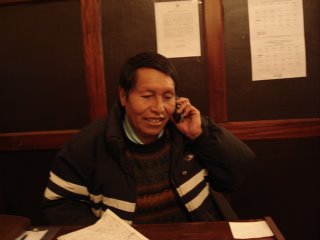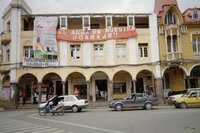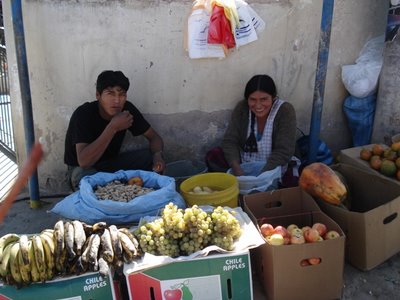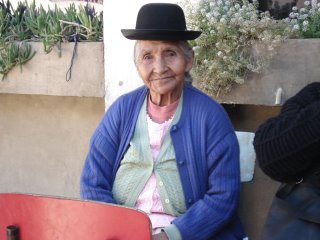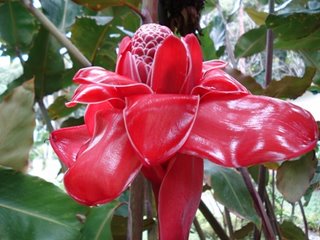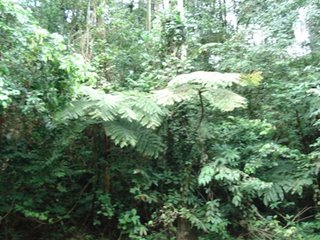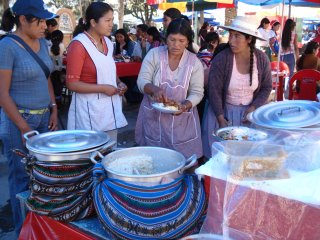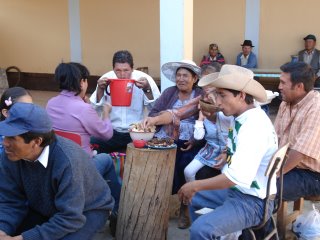Coca and notebooks
The Middle East crisis is pushing my article back. As soon as the Toronto Star publishes it, I will post the link.
Speaking of coca. Saturday night, I had a very bad episode of altitude sickness. Oruru is even higher than La Paz and I was exhausted. Our rent a car was screwed up and if you took your foot off the gas even for an instant it stalled. It meant using my left foot for the clutch and the break and keeping my right foot on the gas. And that meant thinking about how I was driving constantly, not being able to rely on instinct or habit. It was also the first time I have driven in Bolivia and I was tired to begin with…a thoroughly exhausting experience.
Anyway the hotel brought up a big pot of mate de coca or coca tea. I’ve been drinking it ever since I got here. It is one of the best tasting herbal teas I have ever had and it is good for what ails you. It’s a proven assistance with altitude sickness but people here use it like Jewish mothers use chicken soup. And as someone with some considerable experience with drugs from caffeine to whatever, I can tell you with certainty that it is no drug. Banning coca makes about as much sense as it would have to ban grapes during prohibition.
The fact that coca is on the UN prohibited substance list means that the Bolivian government can’t get funding to do the research they need to prove its benefits, which by the way include natural appetite suppression. I am convinced they could be making excellent money exporting it as a tea if it wasn’t illegal. They are prepared to do everything they can to stop what they call narco trafficking but they want to be able to grow and sell coca leaves. This is a key issue for Bolivia and the issue that Evo brought up when I asked him what was the most important thing he had to say to an international audience.
On the way back from Oruro, we stopped at that high place on the road and the boy who asked for a “cuaderno” came down. He recognized me and had a lot of hope in his eyes. When I showed him the note books, his face just lit up. Gracias, he said with a smile that was worth more than I can say. Susan´s friends weren´t cynical about it at all. Each one she told had tears in their eyes to know there are children still who want for a simple notebook.

